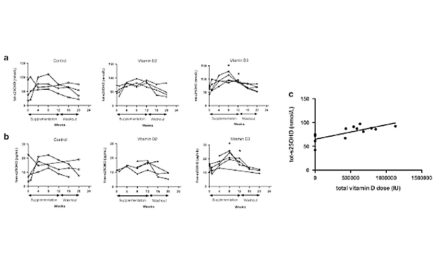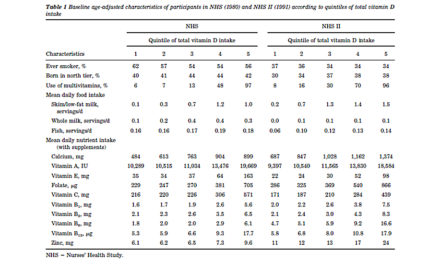Anti-Obesity Effects of Medicinal and Edible Mushrooms
Kumar Ganesan and Baojun Xu *
Food Science and Technology Program, Beijing Normal University—Hong Kong Baptist University United International College, 2000, Jintong Road, Tangjiawan, Zhuhai 519087, China; kumarg@hku.hk
* Correspondence: baojunxu@uic.edu.hk; Tel.: +86-756-3620-636; Fax: +86-756-3620-882
Academic Editors: Min-Hsiung Pan and Filomena Conforti
Received: 27 September 2018; Accepted: 2 November 2018; Published: 5 November 2018
Abstract
Obesity is a group of metabolic disorders caused by multiple factors, including heredity, diet, lifestyle, societal determinants, environment, and infectious agents, which can all lead to the enhancement of storage body fat. Excess visceral fat mass in adipose tissue generate several metabolic disorders, including cardiovascular diseases with chronic inflammation based pathophysiology. The objective of the current review is to summarize the cellular mechanisms of obesity that attenuate by antioxidant potentials of medicinal and edible mushrooms. Studies have showed that mushrooms potentially have antioxidant capacities, which increase the antioxidant defense systems in cells. They boost anti-inflammatory actions and thereby protect against obesity related hypertension and dyslipidemia. The practice of regular consumption of mushrooms is effective in the treatment of metabolic syndrome, including obesity, and thus could be a good candidate for use in future pharmaceutical or nutraceutical applications.
Keywords
medicinal and edible mushrooms; cholesterol-lowering effects; antioxidants; anti-inflammatory; anti-obesity








